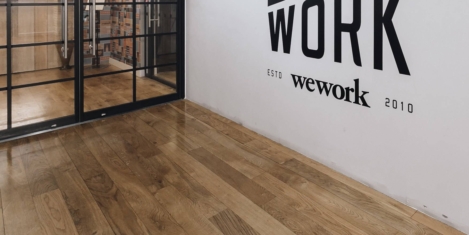August 6, 2015
Government publishes details of £118 bn pipeline of construction projects 0
 The UK Government, in conjunction with construction industry data specialist Barbour ABI, has published a full detailed list of around £118 billion of publicly funded building projects scheduled for the next five years. You can find the pipeline as a spreadsheet here, with the data broken down by sector and including some basic data for each project. The Government has also introduced a dedicated website with details of the projects with updates to the raw data available via both the central government website and at data.gov.uk. The government construction pipeline is now updated twice a year which the Government claims will ‘extend its reach beyond the major construction spending departments and improve the integrity of the data’ and demonstrate its commitment ‘to continuous engagement with industry and government clients on current use and future improvements’.
The UK Government, in conjunction with construction industry data specialist Barbour ABI, has published a full detailed list of around £118 billion of publicly funded building projects scheduled for the next five years. You can find the pipeline as a spreadsheet here, with the data broken down by sector and including some basic data for each project. The Government has also introduced a dedicated website with details of the projects with updates to the raw data available via both the central government website and at data.gov.uk. The government construction pipeline is now updated twice a year which the Government claims will ‘extend its reach beyond the major construction spending departments and improve the integrity of the data’ and demonstrate its commitment ‘to continuous engagement with industry and government clients on current use and future improvements’.

































